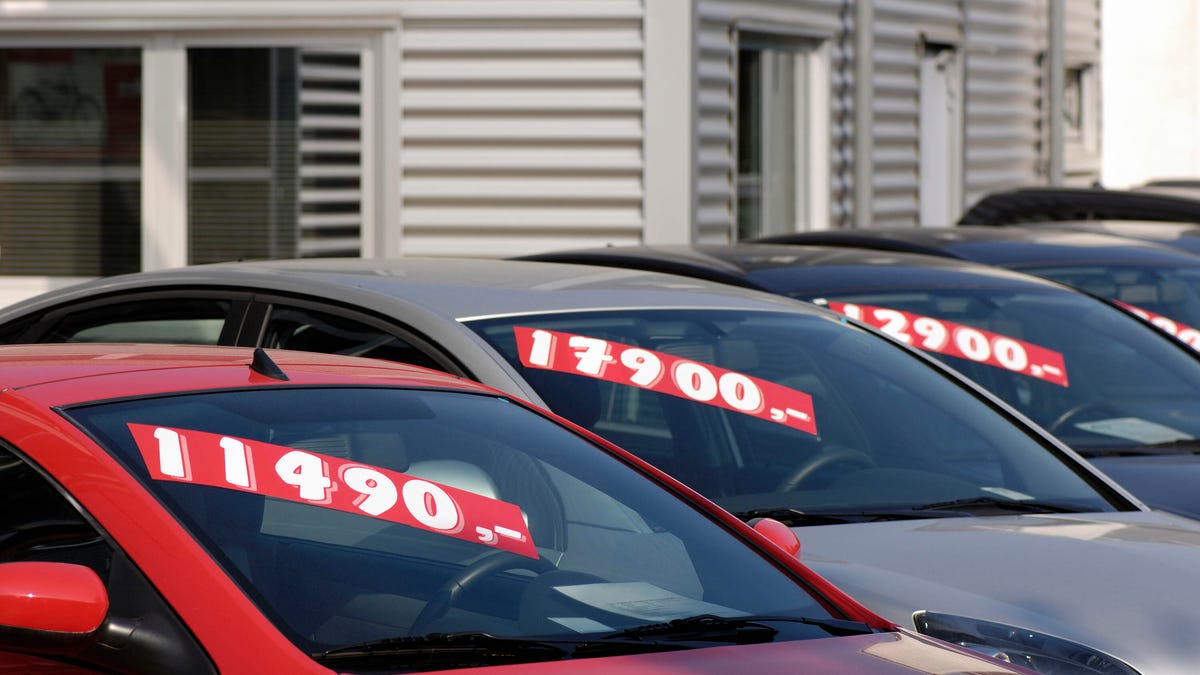Used car sales rise as Americans tighten belts during coronavirus
Higher used car sales can spell trouble for automakers looking to move new cars with no end in sight to the COVID-19 pandemic.

Cheaper cars sound good to cash-strapped Americans.
There's good news for the auto industry as the coronavirus pandemic progresses: Sales continue to tick back upward, showing Americans are regaining their appetite for buying new cars. At the same time, however, more Americans are turning to used cars amid the economic uncertainty that COVID-19 has caused.
Reuters compiled data and reported Friday that while new car sales are still down compared to previrus levels, used car sales continue to move in an upward direction, surpassing this time last year. New vehicle sales for the week ending May 28 were down 28% on the previous year, while dealers saw used car sales jump by 6% over 2019. In uncertain times, America has a tendency to exercise frugal habits, and used cars often provide greater value.
It's good news for used vehicle values, too. While the coronavirus likely lopped off a chunk of value at the start of the pandemic, data shows wholesale prices are up nearly 6%, matching demand. Inventory has also started to become more scarce as Americans scoop up nearly new vehicles in the used market.
These cars, typically brought in after a lease period, actually pose a risk to automakers eager to sell drivers on new vehicles. The data from Reuters shows there are some 4 million off-lease cars that will enter the market this year, or about 340,000 like-new vehicles. These cars will rival features found in brand-new cars and come at a far lower price than what's sitting in new-vehicle showrooms.
It could make a new car a tougher sell than the industry prepared for before the pandemic swept across the US. Coupled with the fact dealers have started to fill lots with used cars as new vehicle inventories dwindle amid production restarts, it makes a preowned car look quite good in today's market.
Read more: What it's like to buy a car during COVID-19

